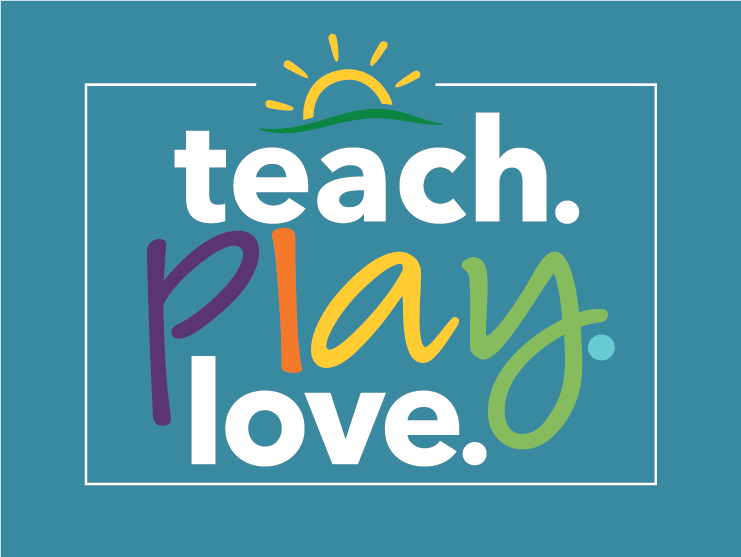Referred to as alternative college credit options, you have options for cost-effective credit earning potential that can accelerate degree completion, such as:
- Credit by Exam
- Portfolio Assessment
- Workplace Training and Professional Credentials
- Military Experience
- Sophia Pathways for College Credit and Straighter Line
Credit by Exam - College credit can be earned through examination programs like the College Level Examination Program (CLEP), DSST (formerly Dantes Standardized Subject Tests), and Excelsior College UExcel Exams. These primarily multiple-choice assessments test your knowledge in common subject areas like business, humanities, math, and the sciences. CLEP, DSST, and UExcel exams are generally accepted for some degree of credit at most colleges and universities, but you should check with your institution first.
Portfolio Assessment - A portfolio can demonstrate what you learned through past experiences, and can include professional work, volunteer service, and civic leadership. During the assessment, you would need to demonstrate how the information and skills you gained equate to what is learned in a particular college class. Then, faculty experts evaluate and determine how many credits to award. Institutions offering this opportunity often administer a course to assist in the portfolio preparation, like LearningCounts, to help ensure awarding of credit.
Workplace Training and Professional Credentials - Courses, licenses, certifications, apprenticeships, and exams from corporations, government agencies, and professional associations can also mean credits earned for you. Some organizations determine if there are college-level learning equivalencies as a result of workplace training and certifications, while others require evaluation and recommendations by the American Council for Education (ACE). This method of alternative credit can be helpful also if you hold a professional certifications in industries like IT, Insurance, and Financial Services, or if you have completed specialized training for your employer.
Military Experience - If you’re a veteran, member of the active armed services, or the selected reserves, you may be eligible to earn credit for military experience. To initiate the process, get your military records (Joint Services or Air University transcripts) sent to the American Council on Education for official evaluation. ACE, collaborating with the Department of Defense to translate military experience into college credit, will then present an official credit proposal to your institution. According to ACE, more than 2,300 colleges and universities recognize their military training credit recommendations.
Sophia Pathways for College Credit and StraighterLine - Sophia and StraighterLine offer low-cost, online general education courses that tend to be covered in the first two years of most baccalaureate college degree plans. Classes, inclusive of all learning materials such as eBooks, are self-paced and competency-based. By successfully demonstrating mastery, you can earn college credit with participating higher education institutions.Sophia partners with 28 colleges and universities, and StraighterLine with 107, to ensure transferability of credits. All of the courses administered by both companies have been evaluated by the American Council on Education and recommended for credit. However, it is up to non-partner institutions if they will award credit for courses taken through these providers.
The number of ways that students can earn college credit has expanded over the years. If you are looking for a cheaper, oftentimes quicker way to work your way towards an undergraduate degree, try one of these money-saving options.





